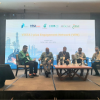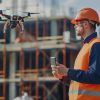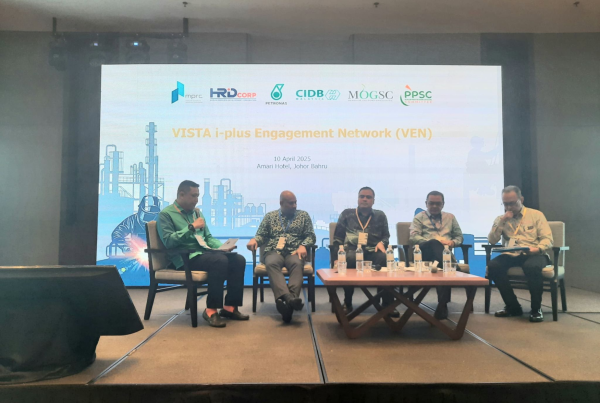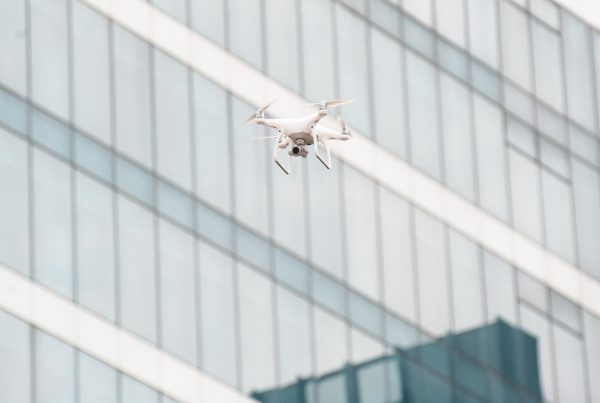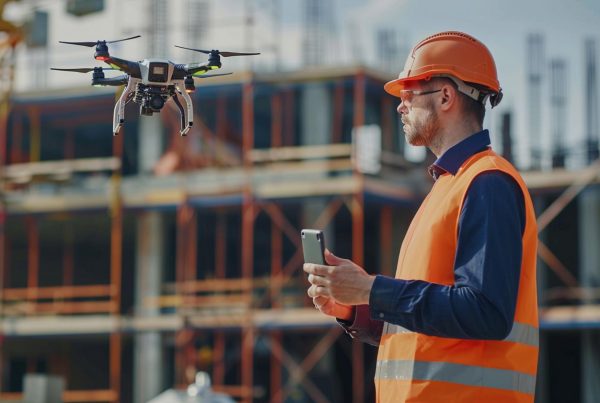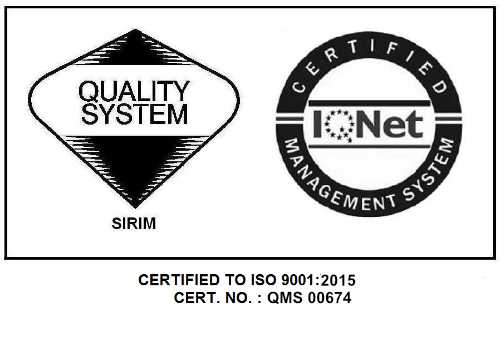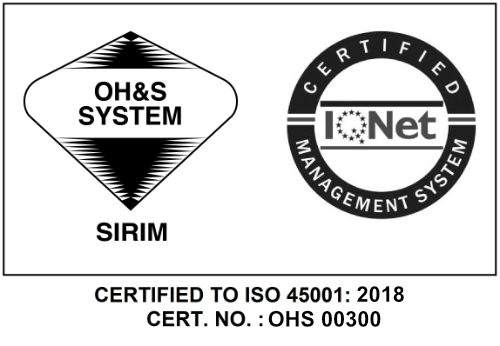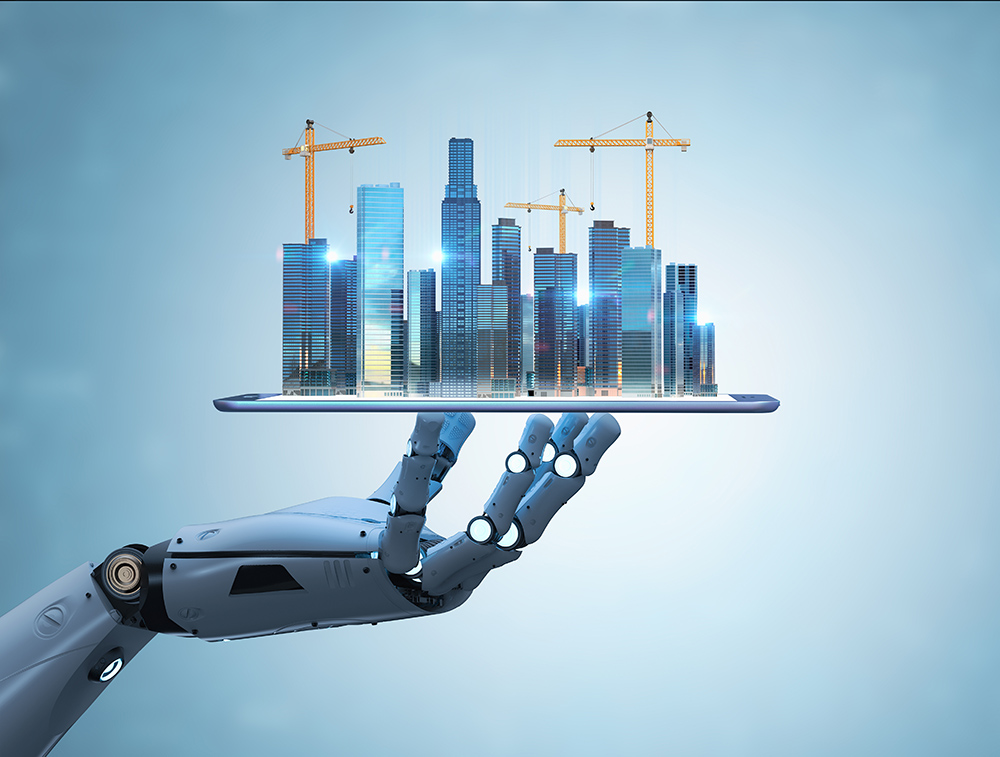
As the Autodesk and Deloitte report highlights, AI and machine learning are becoming critical components of Malaysia’s construction sector. These technologies are improving operational efficiencies and significantly impacting worker safety and project innovation.
AI-powered technologies like wearables, real-time safety monitoring systems, and site sensors are now commonly used to prevent accidents before they occur. Companies like Sunway Group have successfully implemented AI with cloud-based platforms to monitor worksite conditions and intervene if risks are identified. This focus on safety demonstrates how Malaysian firms are using technology to increase productivity and enhance their workers’ well-being.
Another innovation driven by Malaysia’s digital adoption is BIM technology. Firms like Gamuda use BIM Augmented Reality (BIMAR) to improve construction accuracy and reduce errors during the building process. Gamuda’s experimentation with cutting-edge technologies has resulted in breakthroughs, such as the world’s first autonomous tunnel boring machine (A-TBM), illustrating the country’s leadership in tech-driven construction solutions.
However, the report also indicates that digital skills gaps within the workforce remain a significant challenge. 49% of Malaysian firms identify the need for digital expertise as a barrier to complete digital transformation. Upskilling initiatives are being implemented, including collaborations between industry bodies and educational institutions, to equip workers with the necessary digital skills.
As digital adoption continues to rise, Malaysia’s construction industry is set to become more efficient, safe, and sustainable. The industry is making remarkable strides in AI and digital innovation, transforming both operational processes and worker safety. The potential of digital transformation to make the industry more efficient, safe, and sustainable is indeed promising.
This annual survey, now in its second edition, includes insights from 933 construction firms across six markets: Malaysia, Japan, Singapore, Australia, India, and Hong Kong.
Related article: Malaysia Leads in Digital Adoption in Construction Industry


